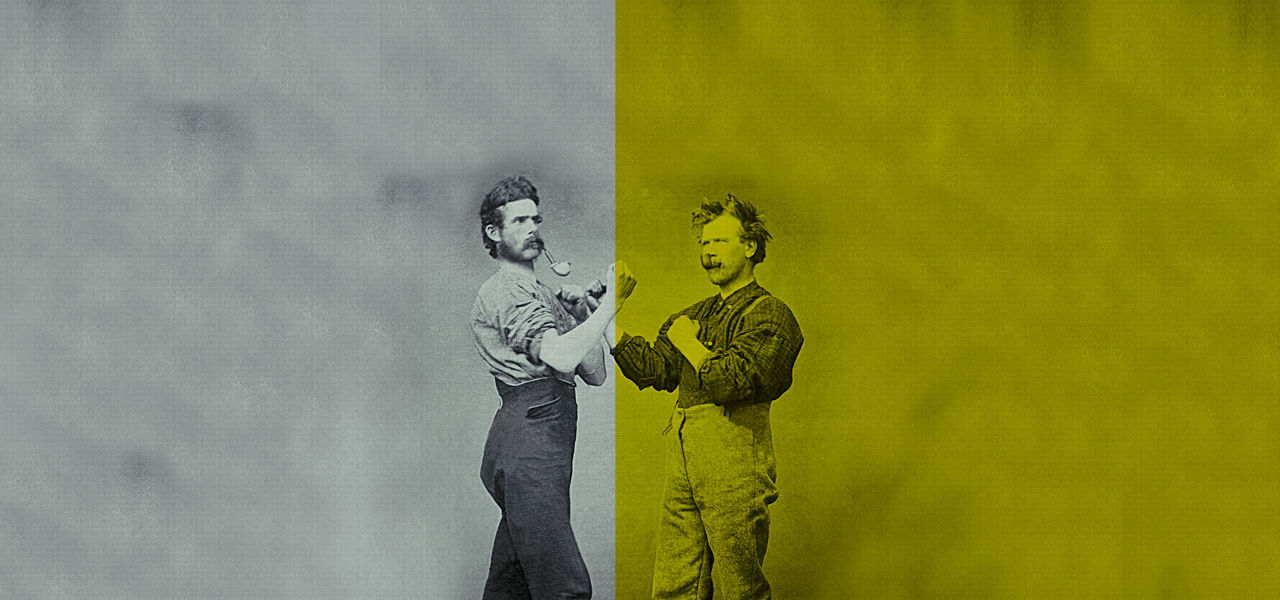I Hate Tommy Finch: The Roller Coaster Story of Stephanie and Alyssa
- capedoza
- Aug 17, 2023
- 3 min read
He believed, and voiced his belief loudly and aggressively, that WillWhittaker had been slain and that swift punishment should be visitedupon his murderer. The Gascogne nimbleness of tongue which enabled himto express his conviction with volubility made him, all through thatexcited day, the constant center of an assenting crowd. As night cameon, the groups of men all gathered about his store. By that time everyone among them was convinced that Emerson Mead had killed youngWhittaker. At first this theory had been a mere guess, a hazard ofprobability. But it had been asserted and repeated and insisted uponso many times during the day that every man on the west side of thestreet had finally adopted it as his own original opinion, and bynightfall refused to entertain any other explanation. Inside thestore, Delarue was expounding the necessity of swift retribution. Mencrowded in and packed the room to its last capacity. They made Delarueget up on the counter, so that all could hear what he said. Thoseoutside struggled and pushed about the door. A man on the sidewalkcried out:
I Hate Tommy Finch
Albert Wellesly, who lived in Denver, disliked very much theoccasional visits to Las Plumas which his financial interests madenecessary. He was still on the under side of thirty, but his businessassociates declared that he possessed a shrewdness and a capacity thatwould have done credit to a man of twice his years. Possibly peoplenot infatuated with commercial success might have said that hisability was nothing more than an unscrupulous determination [Pg 50]to grabeverything in sight. Whatever it was, it had made him remarkablysuccessful. The saying was common among those who knew him thateverything he touched turned to gold. They also prophesied that intwenty years he would be one of the financial giants of the country.Las Plumas bored him to desperation, but on this occasion he thoughtit would be the part of wisdom to stay longer than had been his firstintention. As long as the town was feverish with excitement he foundit endurable. But when the dullness of peace settled over the streetsagain he walked about listlessly, wondering how he could manage to getthrough the day. At last he thought of Miss Delarue.
Albert Wellesly usually made love to whatever woman happened to be athand, if he had nothing else to do, or if he thought it would advancehis interests. With men he was keen and forceful, studying themshrewdly, seeing quickly their weak points, turning these to his ownadvantage, and [Pg 55]helping himself over their heads by every means hecould grasp. In his dealings and relations with women he aimed at thesame masterful result, but while with men this might be attained inmany ways, with women he held there was but one way, and that was tomake love to them.
After those two days there was a change in the way affairs were going,and the allied cattlemen began to win the disputes which wereconstantly coming up. There were not many more attempts to prevent theround-up from being carried on in concert, but there was no lesseningof the bad temper and the bad words with which the work was done. Eachside constantly harassed and defied the other, and each constantlyaccused the other of all the cattle-crimes known to the raisers ofhoofed beasts. The mavericks were an unfailing source of quarrels.According to the Law of the Herds, as it is held in the southwest,each cattleman is entitled to whatever mavericks he finds on his ownrange, and none may say him nay. But the leagued cattle growers andthe Fillmore people struggled valiantly over every unbranded calf theyfound [Pg 74]scurrying over the hillsides. Each side accused the other ofdriving the mavericks off the ranges on which they belonged, and thevaqueros belonging to each force declared that they recognized astheir own every calf which they found, no matter where or on whoserange it chanced to be, and they branded it at once with small saddleirons if the other side did not prevent the operation.
2ff7e9595c

Comments